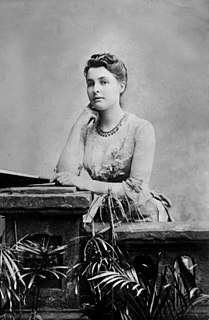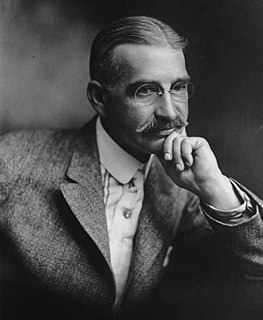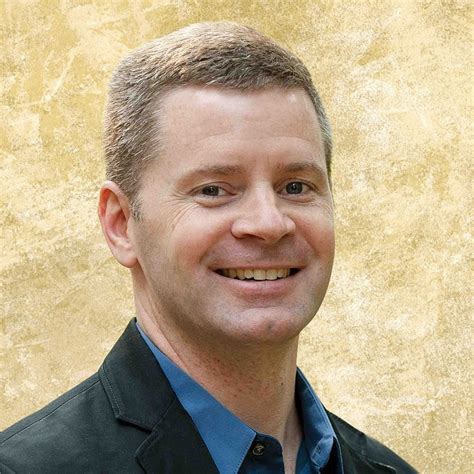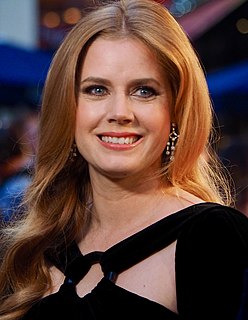A Quote by Beatrice Webb
Harris had the egotistical dogmatism of the self-made man who had painfully educated himself without contact with superior brains.
Related Quotes
And he began to see the truth, that Ged had neither lost nor won but, naming the shadow of his death with his own name, had made himself whole: a man who, knowing his whole true self, cannot be used or possessed by any power other than himself, and whose life therefore is lived for life's sake and never in the service of ruin, or pain, or hatred, or the dark.
[God] arranged that the boy Samuel should be chosen but instead of teaching him directly He had him turn once or twice to an old man. This youngster, to whom He had granted a direct encounter with Himself, had nevertheless to go for instruction to someone who had offended God, and all because that person was an old man. He decided that Samuel was most worthy of a high calling and yet He made him submit to the guidance of an old man so that once summoned to a divine ministry he might learn humility and might himself become for all the young a model of deference.
Blomkvist had indeed had many brief relationships. He knew he was reasonably good-looking, but he had never considered himself exceptionally attractive. But he had often been told that he had something that made women interested in him . . .that he radiated self-confidence and security at the same time, that he had the ability to make women feel at ease. Going to bed with him was not threatening or complicated, but it might be erotically enjoyable. And that, according to Blomkvist, was as it should be.
In her presence, I was reminded again of why I was an anoretic: fear. Of my needs, for food, for sleep, for touch, for simple conversation, for human contact, for love. I was an anoretic because I was afraid of being human. Implicit in human contact is the exposure of the self, the interaction of the selves. The self I'd had, once upon a time, was too much. Now there was no self at all. I was a blank.
Appealing to his [Einstein's] way of expressing himself in theological terms, I said: If God had wanted to put everything into the universe from the beginning, He would have created a universe without change, without organisms and evolution, and without man and man's experience of change. But he seems to have thought that a live universe with events unexpected even by Himself would be more interesting than a dead one.
Of all my prosecutorsnot one is my peer, but each and all are my political sovereigns; and had your honor submitted my case to the jury, as was clearly your duty, then I should have had just cause of protest, for not one of those men was my peer; but, native or foreign born, white or black, rich or poor, educated or ignorant, sober or drunk, each and every man of them was my political superior; hence, in no sense, my peer.
Do you know the only value life has is what life puts upon itself? And it is of course overestimated, for it is of necessity prejudiced in its own favour. Take that man I had aloft. He held on as if he were a precious thing, a treasure beyond diamonds of rubies. To you? No. To me? Not at all. To himself? Yes. But I do not accept his estimate. He sadly overrates himself. There is plenty more life demanding to be born. Had he fallen and dripped his brains upon the deck like honey from the comb, there would have been no loss to the world. The supply is too large.






































